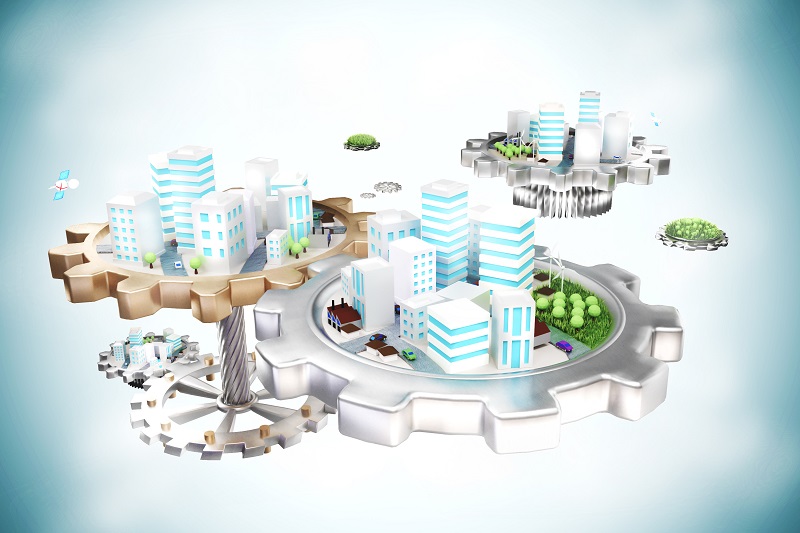Cities must ‘get smart’


“Smart Cities to Create Value” report prepared by EY (Ernst&Young) Turkey, Union of Municipalities of Turkey and WWF-Turkey (World Wildlife Fund) has been published. In the report introduced with the digital press conference; it was emphasized that the smart city transformation, which will be provided with the help of new technologies, will create value in cities that are facing challenges such as rapid urbanization, migration, population growth, security and inefficient resource use. In the report, which includes examples of the practices of different municipalities on a global basis in addition to Turkey in this area, a roadmap for the smart cities of the future was presented. Evaluating the report, the President of the Union of Municipalities of Turkey and Mayor of Gaziantep Metropolitan Municipality Fatma Şahin said that: “Smart city practices are now an indispensable solution tool for us local administrators, whose main purpose is to touch the lives of citizens.” WWF-Turkey chairperson Uğur Bayar said that: “Today, technology and innovation play a very important role in increasing economic efficiency in cities and reducing the negative effects on the environment. It is imperative that we reduce the pressure on our nature and resources with smart investments and technology.” EY Turkey Country President Metin Canoğulları stated that: “Our cities need to evolve into the “smart cities of the future” where digital tools are used most effectively in order to implement innovative, sustainable and inclusive practices that will contribute to the life and support development as soon as possible.”
According to the estimates of the United Nations, it is stated in the report that the world population is expected to increase by 2 billion and reach 9.7 billion people in 2050. Again in 2050, 70% of the world’s population and 86% of the population of OECD countries will live in cities. Generation Z, on the other hand, makes up about a quarter of the world’s population with 1.8 billion members. Another development that necessitates transformation is the speed of urbanization. Unplanned construction leads to the destruction of fertile lands, reducing agricultural productivity as well as the carbon dioxide holding capacity of the soil. Air pollution caused by vehicle use and industrial production negatively affects human health and quality of life. The disrupted water cycle and water scarcity due to concreting and construction threaten industry, agriculture and the access of billions of people to clean water. At this point, city administrations must act with an innovative and future-oriented perspective in order to increase the quality of life in cities.
According to the “Smart Cities to Create Value” report; the human-oriented smart city transformation aims to ensure social inclusion, increase competencies and support creativity. In this context, applications such as digital and data-oriented education academies, centers that offer employment or social opportunities for disabled citizens, projects that create job opportunities for the young and unemployed people and projects that respond to the needs of the elderly come to the fore. Under the concept of ‘smart environment’, there is the goal of creating a sustainable and livable environment with the efficient use of resources. Within the scope of the smart environment functional area, good practice examples such as smart garbage collection systems, energy and water saving agricultural practices, smart lighting systems, renewable energy production and smart recycling models are seen.
In order to ensure sustainable and environmentally friendly economic development, it is essential to adopt innovative approaches supported by information and communication. In addition to the creation of new product, service and trade models under the smart economy title, smart clusters, especially public, private sector and academy partnerships, are discussed. In order to design livable smart cities, needs under the titles such as space management, health, security and tourism must be met. The title of ‘smart mobility’, which affects the livability and economy of the city, aims at a sustainable, accessible and integrated transportation by focusing on people. Transportation services, accessibility, smart transportation systems and connectivity are covered under this title.










